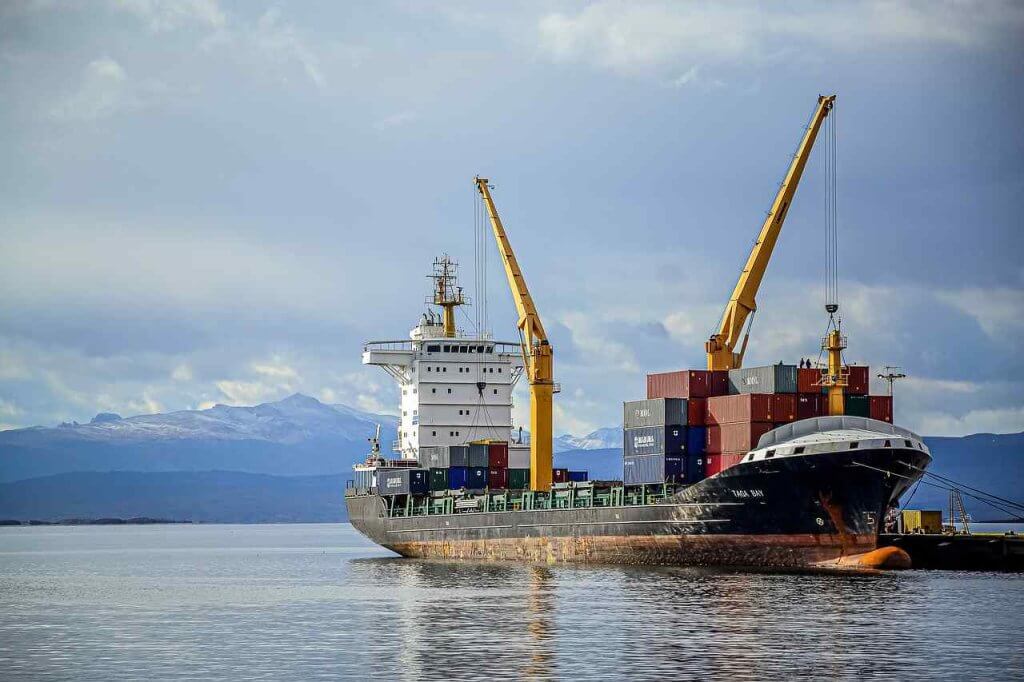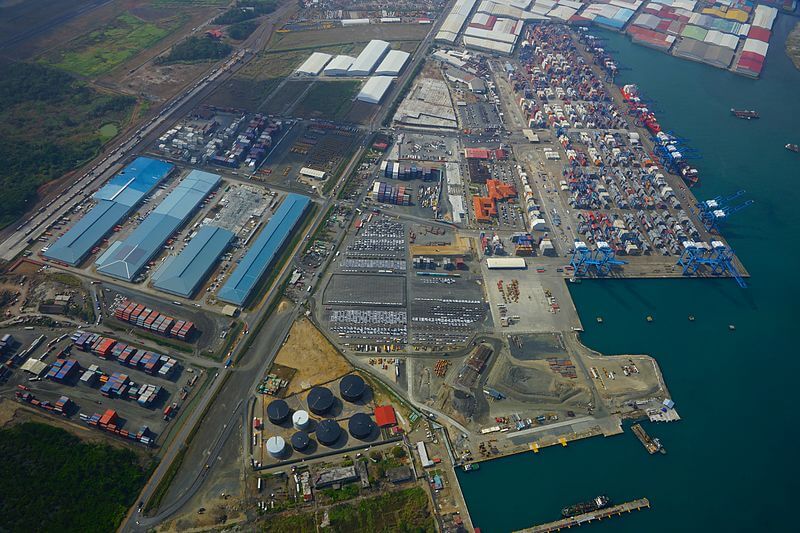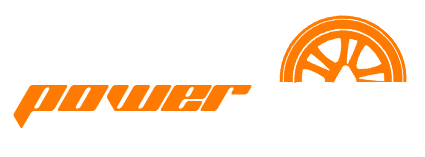In the fast-paced and interconnected world of international trade, understanding the rules and regulations governing the movement of goods is vital. One such crucial set of rules is known as Incoterms, short for International Commercial Terms. Whether you’re an experienced importer or exporter, or just venturing into the global market, having a solid grasp of Incoterms is essential. In this comprehensive guide, we will explore everything you need to know about Incoterms, from their significance in global trade to their impact on logistics and supply chain management.
Incoterms are a set of standardized rules developed by the International Chamber of Commerce (ICC) that define the responsibilities and obligations of buyers and sellers in international transactions. These terms provide clarity and consistency in defining key elements such as delivery, insurance, risk transfer, and cost allocation.
Within the Incoterms framework, there are several key terms that you’ll encounter in international trade. We’ll break down the most commonly used Incoterms, such as EXW (Ex Works), FOB (Free on Board), CIF (Cost, Insurance, and Freight), and more. Each Incoterm carries specific implications for the parties involved, dictating who bears the risks and costs associated with transportation, insurance, and customs formalities.

EXW (Ex Works): The seller’s responsibility is minimal, as they make the goods available at their premises. The buyer is responsible for organizing transportation, export clearance, and all associated costs and risks.
FOB (Free on Board): The seller is responsible for delivering the goods to the specified port of shipment and covering the costs until the goods are loaded on the vessel. From that point forward, the buyer assumes responsibility for the shipment, including transportation, insurance, and any further costs or risks.
CIF (Cost, Insurance, and Freight): The seller is responsible for arranging and paying for transportation and insurance of the goods to the destination port. However, the risk transfers to the buyer as soon as the goods are loaded onto the vessel. The buyer is then responsible for any subsequent costs, such as unloading, import duties, and transportation to the final destination.
DDP (Delivered Duty Paid): The seller is responsible for delivering the goods to the buyer’s chosen destination, covering all costs, including transportation, import duties, and taxes. The seller assumes maximum responsibility and risk until the goods are delivered to the buyer.
DAP (Delivered at Place): The seller is responsible for delivering the goods to a specified destination, excluding import duties and taxes. The buyer assumes responsibility for unloading, import clearance, and any subsequent costs or risks.
CIP (Carriage and Insurance Paid To): The seller is responsible for arranging and paying for transportation and insurance of the goods to the destination specified in the contract. The risk transfers to the buyer as soon as the goods are handed over to the carrier. The buyer is responsible for any subsequent costs and risks.
Understanding these commonly used Incoterms is essential for international trade professionals to ensure smooth and efficient transactions, clarify responsibilities, allocate costs, and manage risks effectively.
Evolution of Incoterms: A Journey Through the Years in International Trade
The revolution of Incoterms has evolved over the years, adapting to the changing needs and practices of international trade. Here is a brief overview of the significant milestones in the development of Incoterms:
The first set of Incoterms was introduced by the International Chamber of Commerce (ICC) to establish common rules for international trade. These initial terms included EXW, FOB, and CIF, among others.
The Incoterms were revised to address new transportation modes and the increasing complexity of global trade. This revision introduced additional terms like FAS (Free Alongside Ship) and FCA (Free Carrier).
The Incoterms were revised again to align with modern trade practices. This update included the introduction of terms like DAT (Delivered at Terminal) and DAP (Delivered at Place).
Another revision of Incoterms was released, introducing the terms DES (Delivered Ex Ship) and DEQ (Delivered Ex Quay).
The Incoterms underwent further revision to simplify and clarify their application. This revision eliminated DES and DEQ and introduced the terms DAF (Delivered At Frontier), DES (Delivered Ex Ship), and DDU (Delivered Duty Unpaid).
The Incoterms were revised to reflect the rapid advances in transportation and technology. This update replaced DAF with DAP and introduced the term DDP (Delivered Duty Paid).
The Incoterms underwent a comprehensive revision to improve clarity and address ambiguities. This update eliminated DDU and DAF, and introduced two new terms, DAT (Delivered at Terminal) and DAP (Delivered at Place).
The most recent revision of Incoterms was released, further clarifying the obligations and responsibilities of buyers and sellers. This update focused on addressing issues related to cargo security, insurance coverage, and the increased use of electronic communication.
Impact of Incoterms on International Trade and Logistics
By considering the implications of Incoterms on logistics, cost allocation, risk management, and customs procedures, businesses can make informed decisions that optimize their international trade operations. Careful evaluation of each Incoterm’s impact on these factors allows for smoother transactions, enhanced efficiency, and reduced risks in the global supply chain.
The release of Incoterms 2020 brought notable changes to international trade. Some key updates include:
Replacement of DAT with DPU: Delivered at Place Unloaded (DPU) replaced Delivered at Terminal (DAT), providing more flexibility and clarity in defining the place of delivery.
Differentiation of insurance cover in CIP and CIF: Incoterms 2020 refined the insurance requirements under CIP and CIF, specifying comprehensive guidelines based on the type of goods.
Update on listings and costs: Fixed costs were introduced to address pricing fluctuations, offering greater predictability and stability in trade transactions.
Allocations, costs, and security requirements: Detailed provisions were included to address security concerns and allocate associated costs more effectively.
Transportation by buyer and seller: Incoterms 2020 allowed buyers and sellers to arrange their own transportation, providing more flexibility in choosing suitable modes of transport.
FOB, FCA, and BoL procedure: The use of FCA was encouraged for marine freight, reducing complications related to contracts under Letters of Credit (LOC). Guidelines were also provided for issuing transportation documents with onboard notations.
These updates aim to improve clarity, address common trade issues, and facilitate smoother international commercial transactions.
In conclusion, understanding Incoterms is essential for successful international trade, as these standardized terms clarify responsibilities, costs, and risks between buyers and sellers. PowerHelm, a leading business website, is committed to providing comprehensive resources and guidance to empower businesses in navigating the complexities of global commerce. By leveraging PowerHelm’s user-friendly platform and up-to-date information, entrepreneurs can confidently explore new markets and unlock their international potential, ensuring their ventures thrive in the ever-changing landscape of global trade.






PLEASE SHARE YOUR CONTACT INFORMATION BELOW ALONG WITH THE DETAILS OF YOUR QUERY. OUR REPRESENTATIVES WILL GET IN TOUCH WITH YOU SHORTLY FOR A PERSONAL CONSULTATION.


PLEASE SHARE YOUR CONTACT INFORMATION BELOW ALONG WITH THE DETAILS OF YOUR QUERY. OUR REPRESENTATIVES WILL GET IN TOUCH WITH YOU SHORTLY FOR A PERSONAL CONSULTATION.

PLEASE SHARE YOUR CONTACT INFORMATION BELOW ALONG WITH THE DETAILS OF YOUR QUERY. OUR REPRESENTATIVES WILL GET IN TOUCH WITH YOU SHORTLY FOR A PERSONAL CONSULTATION.

PLEASE SHARE YOUR CONTACT INFORMATION BELOW ALONG WITH THE DETAILS OF YOUR QUERY. OUR REPRESENTATIVES WILL GET IN TOUCH WITH YOU SHORTLY FOR A PERSONAL CONSULTATION.

PLEASE SHARE YOUR CONTACT INFORMATION BELOW ALONG WITH THE DETAILS OF YOUR QUERY. OUR REPRESENTATIVES WILL GET IN TOUCH WITH YOU SHORTLY FOR A PERSONAL CONSULTATION.

PLEASE SHARE YOUR CONTACT INFORMATION BELOW ALONG WITH THE DETAILS OF YOUR QUERY. OUR REPRESENTATIVES WILL GET IN TOUCH WITH YOU SHORTLY FOR A PERSONAL CONSULTATION.
PLEASE SHARE YOUR VEHICLE INFORMATION BELOW. OUR REPRESENTATIVES WILL GET IN TOUCH WITH YOU SHORTLY TO TELL YOU ABOUT YOUR CAR.

PLEASE SHARE YOUR CONTACT INFORMATION BELOW ALONG WITH THE DETAILS OF YOUR QUERY. OUR REPRESENTATIVES WILL GET IN TOUCH WITH YOU SHORTLY FOR A PERSONAL CONSULTATION.